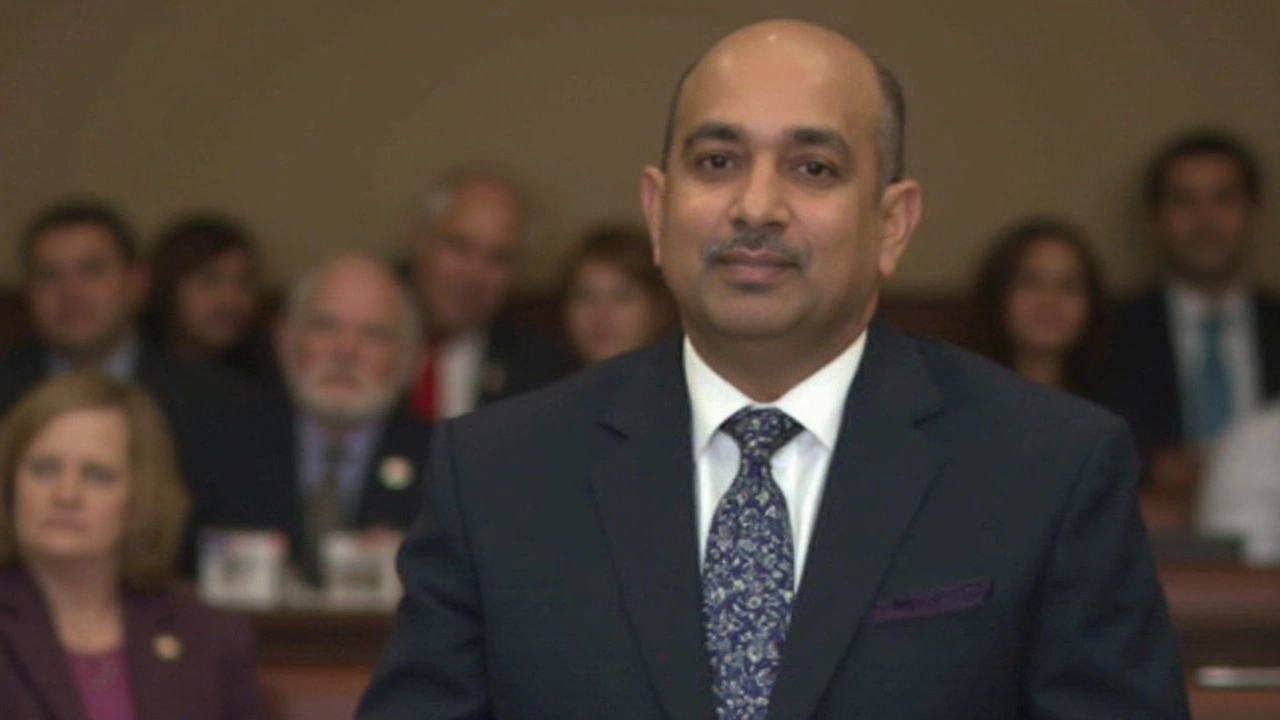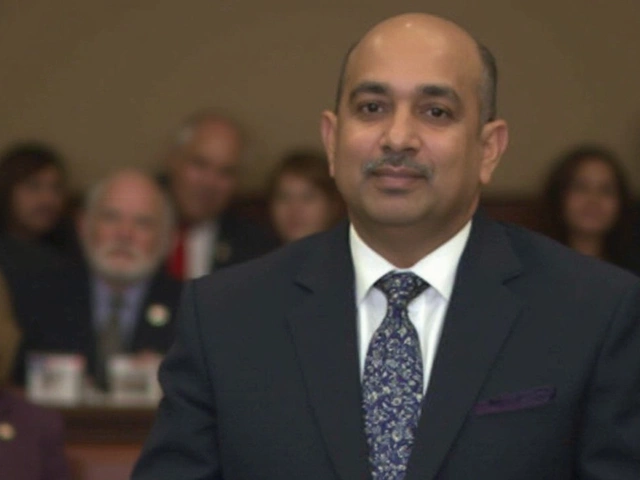Kash Patel, a name that's been prominent in circles close to former President Trump, now sits at the top of America's most famous law enforcement agency, the FBI. It wasn't a smooth ride to get there, though. His confirmation by the Senate was tight, drawing a narrow 51-49 vote, highlighting just how contentious his appointment was. Senators Susan Collins and Lisa Murkowski, breaking ranks with their fellow Republicans, sided with the Democrats, all of whom cast their votes against Patel. Why such division? Concerns exist over whether his loyalty to Trump and his past actions might overshadow his abilities or lead to political retaliation within the bureau.
Patel's Background and Journey to the FBI
Hailing from Long Island, New York, Kash Patel, the son of Gujarati-Indian immigrants, has a solid educational foundation in the field of law and criminal justice. His journey began as a public defender in Florida, proving his mettle in the trying courts of justice. His career trajectory shifted when he moved to the Department of Justice and later served in a critical role with the Joint Special Operations Command, showcasing his versatility and ability to adapt to complex environments.
Patel isn't just known for his legal acumen but also for his political involvement, particularly during Trump’s presidency. Perhaps one of the most defining moments was his role in crafting the controversial 'Nunes Memo' in 2018. The memo aimed to discredit the FBI’s investigation into alleged connections between Trump’s 2016 campaign and Russia, placing Patel squarely in the spotlight. His later testimonials in defense of Trump, although deemed unreliable by courts, further cemented his reputation as a partisan player, especially during investigations like the January 6 Capitol riot and the classified documents case.

Vision for the FBI
Patel’s vision for the FBI is clear: a major overhaul. He’s been vocal about his desire to trim down the agency’s headquarters and to refocus its efforts from intelligence gathering to traditional crime-fighting initiatives. For supporters, this presents him as a reformer determined to steer the FBI back to classic policing roots, but critics question whether this stance is a cover for political motives considering his strong ties to Trump.
The appointment of Patel marks a significant shift from the historical independence that the role of FBI director has demanded. This new direction under Patel might signify changes in how the bureau operates and its engagement with political dynamics. For now, all eyes are on Patel, watching to see if and how his past influences will shape the future of the FBI.





